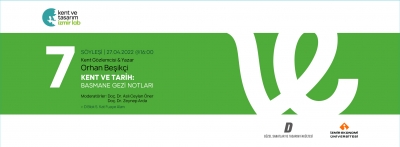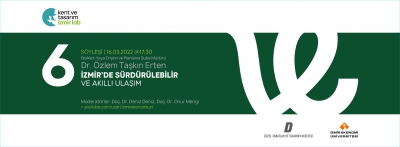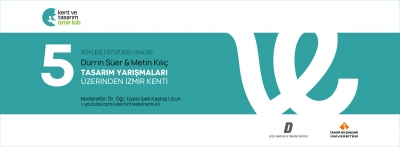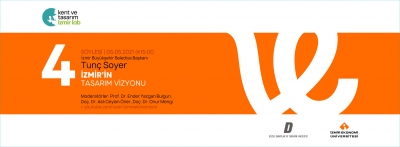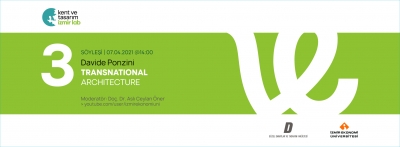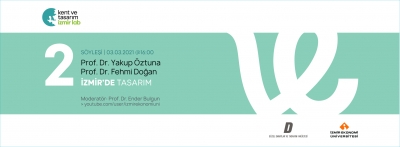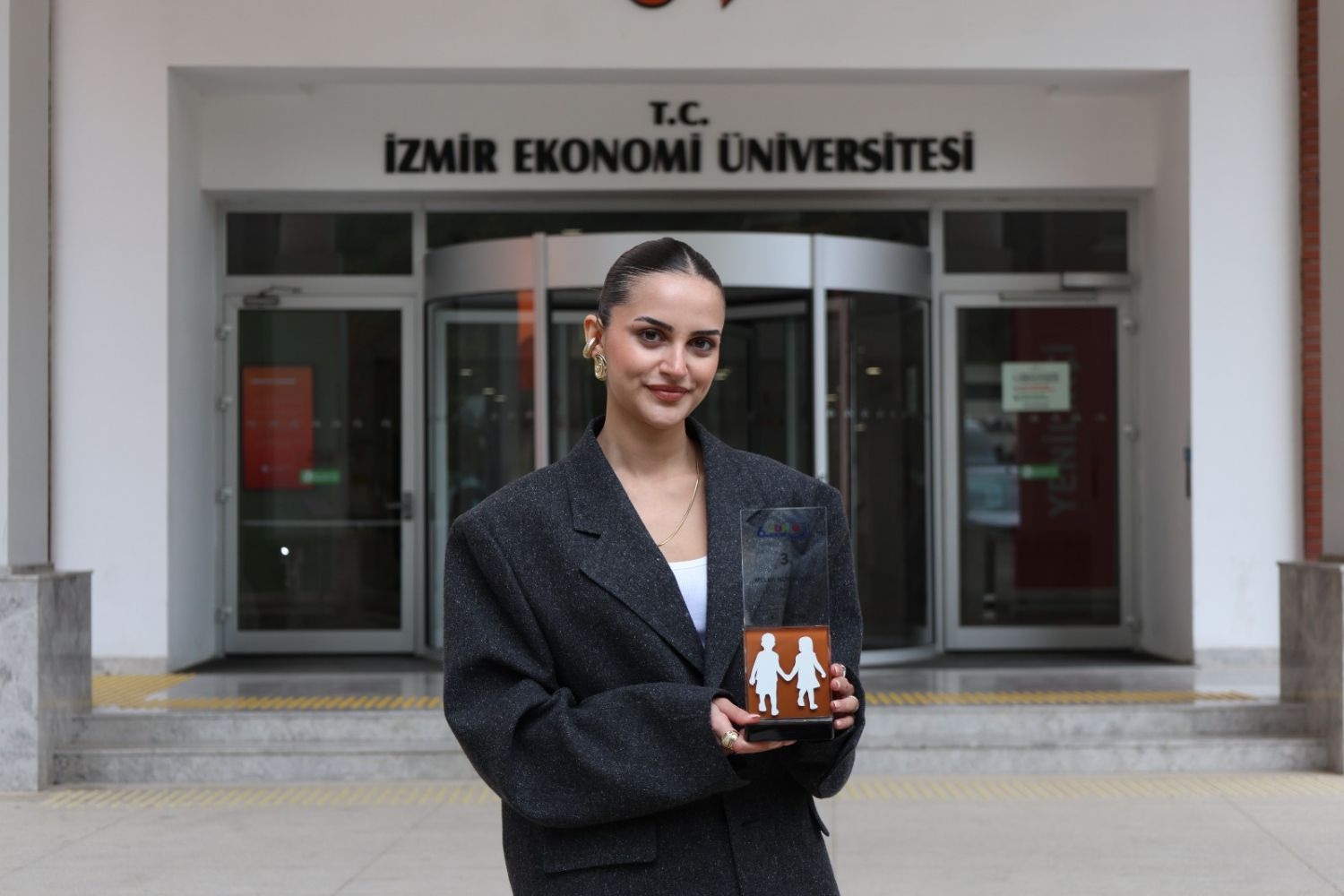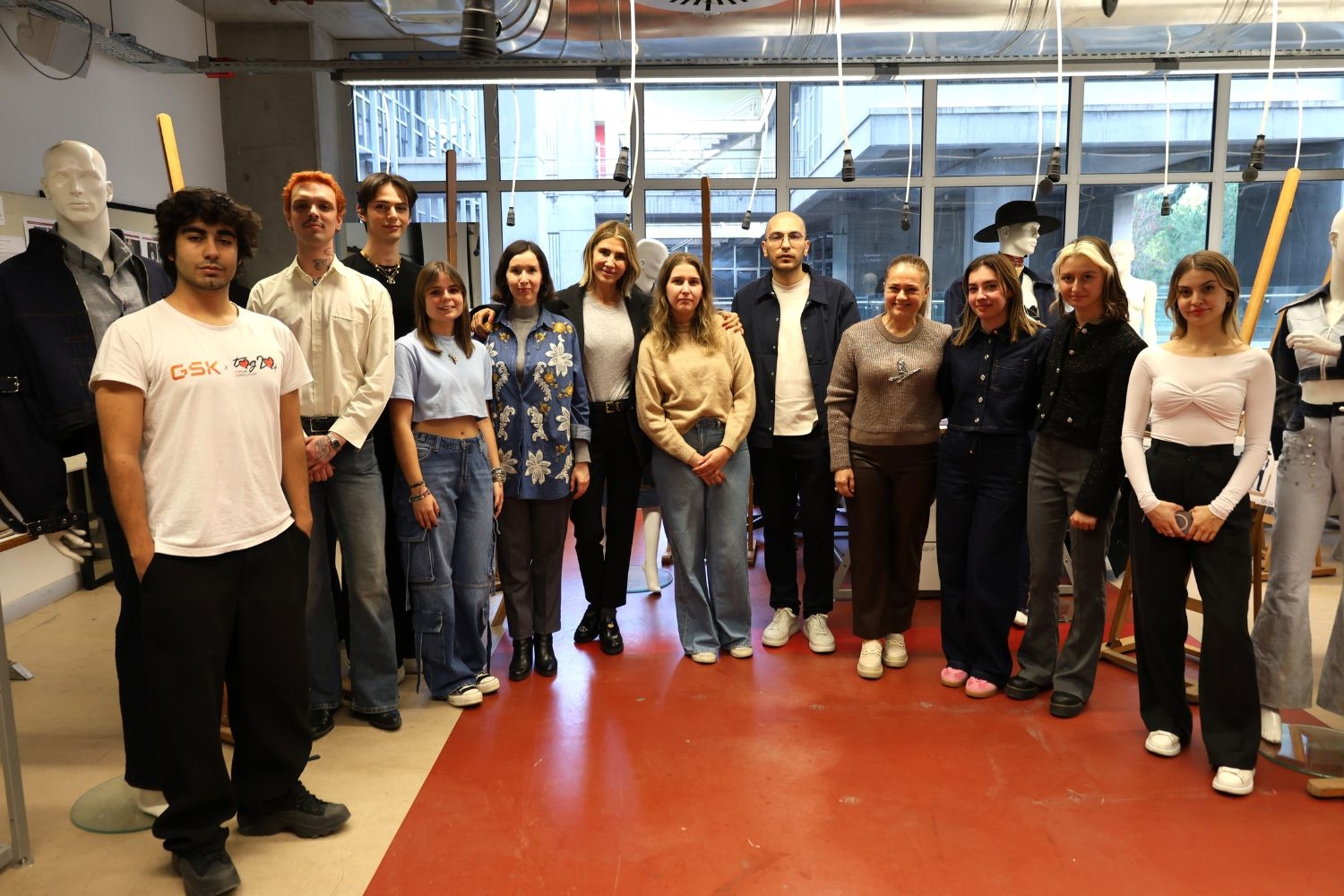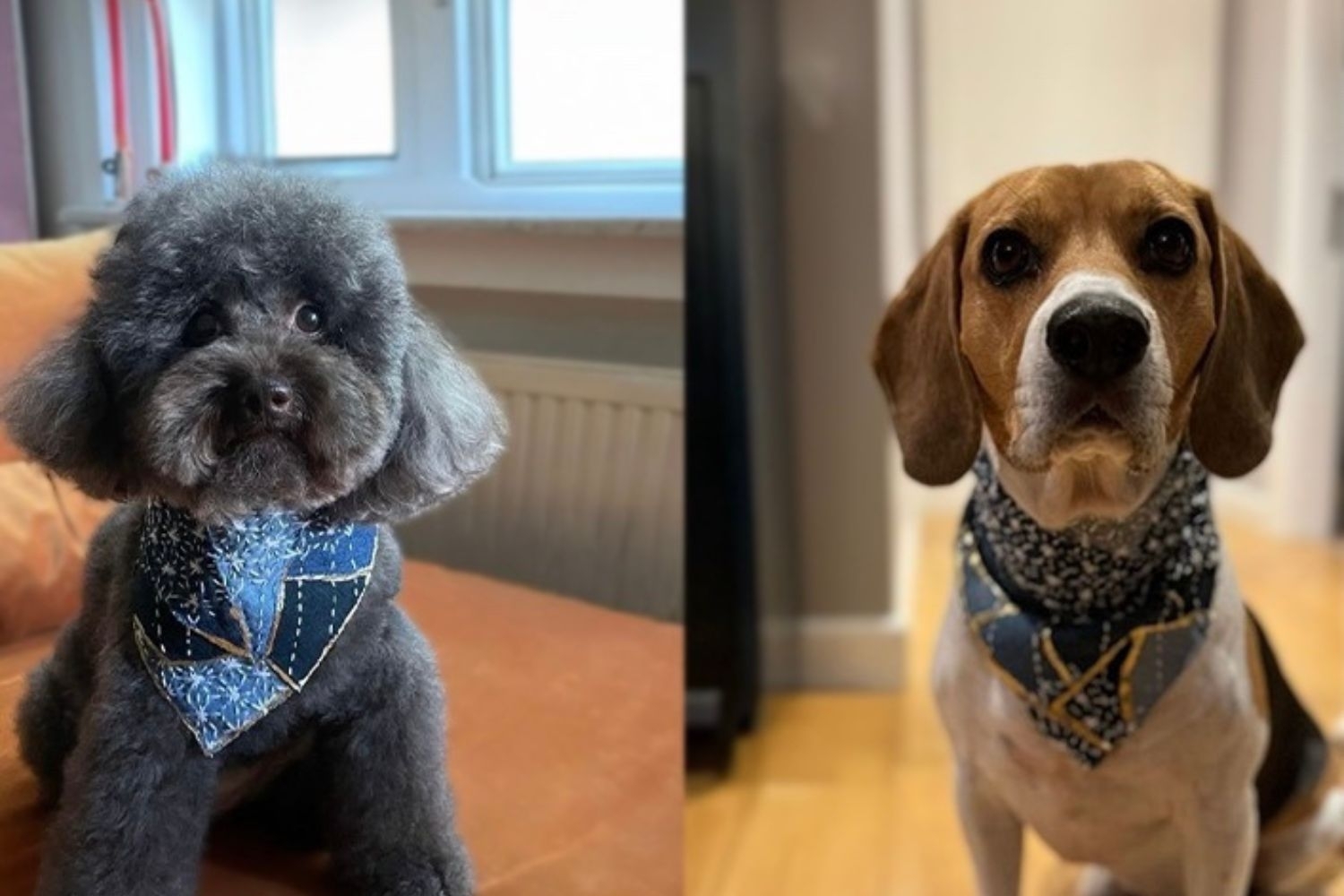FACULTY OF FINE ARTS AND DESIGN
Department of Textile and Fashion DesignFFD 102 | Course Introduction and Application Information
| Course Name |
Art and Design Studio 2
|
|
Code
|
Semester
|
Theory
(hour/week) |
Application/Lab
(hour/week) |
Local Credits
|
ECTS
|
|
FFD 102
|
Spring
|
1
|
8
|
5
|
8
|
| Prerequisites |
None
|
|||||
| Course Language |
English
|
|||||
| Course Type |
Required
|
|||||
| Course Level |
First Cycle
|
|||||
| Mode of Delivery | - | |||||
| Teaching Methods and Techniques of the Course | Group WorkQ&ACritical feedbackJuryApplication: Experiment / Laboratory / WorkshopLecture / Presentation | |||||
| National Occupation Classification | - | |||||
| Course Coordinator | ||||||
| Course Lecturer(s) |
|
|||||
| Assistant(s) | ||||||
| Course Objectives | To gain the skills necessary for the application of the main concepts introduced in FFD 101 in different design disciplines. |
| Learning Outcomes |
The students who succeeded in this course;
|
| Course Description | This course enhances the development of the knowledge and skills necessary for structuring the network of relations among the elements of a composition, conveys the basic design principles through comparison of different disciplinary practices, and uses the method of “learning by doing”. |
| Related Sustainable Development Goals |
|
|
|
Core Courses |
X
|
| Major Area Courses | ||
| Supportive Courses | ||
| Media and Management Skills Courses | ||
| Transferable Skill Courses |
WEEKLY SUBJECTS AND RELATED PREPARATION STUDIES
| Week | Subjects | Related Preparation |
| 1 | Phase 1 - Foundational Project: Scale Studies | None |
| 2 | Phase 1 - Foundational Project: Scale Studies | Making research and developing the project |
| 3 | Phase 1 - Foundational Project: Scale Studies | Developing the project |
| 4 | Phase 1 - Foundational Project: Scale Studies | Developing the project |
| 5 | Phase 1 - Foundational Project: Scale Studies. Start of Phase 2. | Finalizing the PHASE-I. Making research and developing the project |
| 6 | Phase 2 - Departmental Projects | Developing the project & following the updates |
| 7 | Phase 2 - Departmental Projects | Developing the project & following the updates |
| 8 | MIDTERMS WEEK | |
| 9 | Phase 2 - Departmental Projects | Developing the project & following the updates |
| 10 | Phase 2 - Departmental Projects | Developing the project & following the updates |
| 11 | Phase 2 - Departmental Projects | Developing the project & following the updates |
| 12 | Phase 2 - Departmental Projects | Developing the project & following the updates |
| 13 | Phase 2 - Departmental Projects | Phase 2 Final |
| 14 | Phase 2 - Departmental Projects | Working on the Final Project |
| 15 | Phase 2 - Departmental Projects | Working on the Final Project |
| 16 | FINAL JURY | FINAL JURY PRESENTATIONS |
| Course Notes/Textbooks | Here are no textbooks for this course. Related concepts and exercises are explained in each assignment sheet. |
| Suggested Readings/Materials | Any reference related to the weekly subjects are designed up-to-date and given as visual or textual materials to the students. |
EVALUATION SYSTEM
| Semester Activities | Number | Weigthing |
| Participation | ||
| Laboratory / Application | ||
| Field Work | ||
| Quizzes / Studio Critiques | ||
| Portfolio |
1
|
10
|
| Homework / Assignments |
1
|
20
|
| Presentation / Jury | ||
| Project |
1
|
70
|
| Seminar / Workshop | ||
| Oral Exams | ||
| Midterm | ||
| Final Exam | ||
| Total |
| Weighting of Semester Activities on the Final Grade |
3
|
100
|
| Weighting of End-of-Semester Activities on the Final Grade | ||
| Total |
ECTS / WORKLOAD TABLE
| Semester Activities | Number | Duration (Hours) | Workload |
|---|---|---|---|
| Theoretical Course Hours (Including exam week: 16 x total hours) |
16
|
1
|
16
|
| Laboratory / Application Hours (Including exam week: '.16.' x total hours) |
16
|
8
|
128
|
| Study Hours Out of Class |
32
|
2
|
64
|
| Field Work |
0
|
||
| Quizzes / Studio Critiques |
0
|
||
| Portfolio |
1
|
3
|
3
|
| Homework / Assignments |
1
|
9
|
9
|
| Presentation / Jury |
0
|
||
| Project |
1
|
9
|
9
|
| Seminar / Workshop |
0
|
||
| Oral Exam |
0
|
||
| Midterms |
0
|
||
| Final Exam |
0
|
||
| Total |
229
|
COURSE LEARNING OUTCOMES AND PROGRAM QUALIFICATIONS RELATIONSHIP
|
#
|
Program Competencies/Outcomes |
* Contribution Level
|
|||||
|
1
|
2
|
3
|
4
|
5
|
|||
| 1 |
To be able to develop and design a collection independently. |
-
|
-
|
-
|
X
|
-
|
|
| 2 |
To be able to do maintain a design research individually or as a team. |
-
|
-
|
X
|
-
|
-
|
|
| 3 |
To be able to develop entrepreneurship- and managerial skills for a future professional practice. |
-
|
-
|
-
|
-
|
-
|
|
| 4 |
To be able to understand, interpret and apply theoretical knowledge in fashion and textile design. |
-
|
-
|
X
|
-
|
-
|
|
| 5 |
To be able to analyze and integrate the particular local and regional needs and of their profession. |
-
|
-
|
-
|
-
|
-
|
|
| 6 |
To be able to obtain a multidisciplinary point of view, follow and analyze the new issues, changes and trends in contemporary design and art in such a way that they can be integrated into design practice. |
-
|
-
|
-
|
X
|
-
|
|
| 7 |
To be able to apply industrial requirements, knowledge of material & usage and know-how knowledge in the creation of high quality fashion products. |
-
|
-
|
-
|
-
|
-
|
|
| 8 |
To be able to use digital information and communication technologies at a level that is adequate to the discipline of fashion and textile design. |
-
|
X
|
-
|
-
|
-
|
|
| 9 |
To be able to develop an ongoing analytical and professional approach to academic and design research. |
-
|
X
|
-
|
-
|
-
|
|
| 10 |
To be able to recognize the need and importance of a personal lifelong learning attitude towards their chosen area of interest. |
-
|
X
|
-
|
-
|
-
|
|
| 11 |
To be able to collect data in the areas of fashion and textile design and communicate with colleagues in a foreign language ("European Language Portfolio Global Scale", Level B1). |
-
|
-
|
-
|
-
|
-
|
|
| 12 |
To be able to speak a second foreign at a medium level of fluency efficiently. |
-
|
-
|
-
|
-
|
-
|
|
| 13 |
To be able to relate the knowledge accumulated throughout the human history to their field of expertise. |
-
|
-
|
-
|
-
|
-
|
|
*1 Lowest, 2 Low, 3 Average, 4 High, 5 Highest
NEWSALL NEWS

IZMIR UNIVERSITY OF ECONOMICS GÜZELBAHÇE CAMPUS
DetailsGLOBAL CAREER
As Izmir University of Economics transforms into a world-class university, it also raises successful young people with global competence.
More..CONTRIBUTION TO SCIENCE
Izmir University of Economics produces qualified knowledge and competent technologies.
More..VALUING PEOPLE
Izmir University of Economics sees producing social benefit as its reason for existence.
More..









